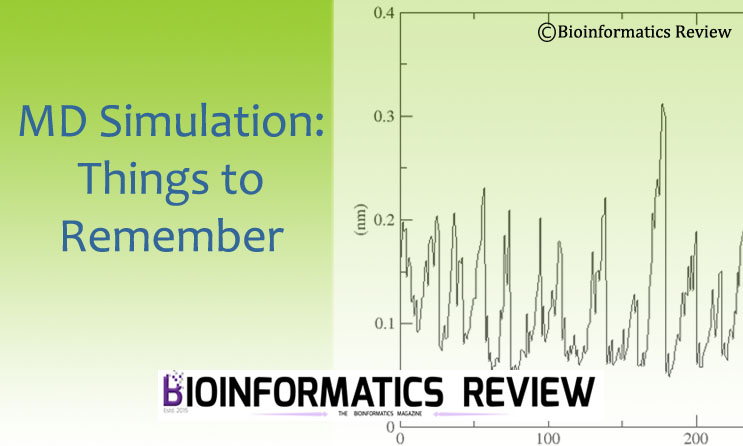Research is considered complicated. As it involves reading multiple research articles and reviews, devising hypotheses and appropriate experiments, and last but not the least, getting a significant output. This seems difficult to read multiple research papers and then extract useful information regarding your project. It involves a methodology to read and understand research articles in one go. This is explained in our previous article “A guide on how to read the research articles”. This article explains the importance of thinking during your entire research.
Once you are assigned to a project, your next step is to search the literature. This literature provides you all information about the topic of interest including what work has been done on it, what failed, what succeeded, and most importantly what has remained to be done. When you read papers, you have to correlate multiple things in your mind and then search again, so and so forth. At last, you have to conclude whatever you have studied during the whole day. Then you devise experiments to find out something or to test a hypothesis.
Here comes the importance of reasoning. The reasoning is an important part of any research. Before devising any experiment, you need to think of three main points:
- what this experiment is for?
- what is the general output of this experiment?
- how is this experiment related to your study or how could it benefit you?
Because most of the time, I have experienced that students (beginners in the field of research) make the mistake of selecting the wrong methodology or experiments and then get nothing out of it. Especially, in bioinformatics, since we have different software and commands at our disposal, beginners may not realize what they are actually doing and get entangled in the errors and compilation. This goes on and on until there is no way left around it.
Therefore, it is very important to take your time before starting the experiments. Think about the output and the parameters set for the experiment at each stage. Which software give relevant output that you can use in your study. If there are multiple tools available for the same task, then read about them first in detail. Later decide which tool is most suitable for your case. Hence, it is always advised to the students, especially, the Ph.D. scholars to represent their work to the guide regularly. It saves a lot of time and labor.
Before all of that, don’t forget to think about the possible applications of your work. This is very important for any research work, it must have some application even if it is a hypothesis that you are going to propose in a paper.
Taken altogether, always think while doing research, and never hesitate to ask in case of any confusion because that’s how you learn and grow.









